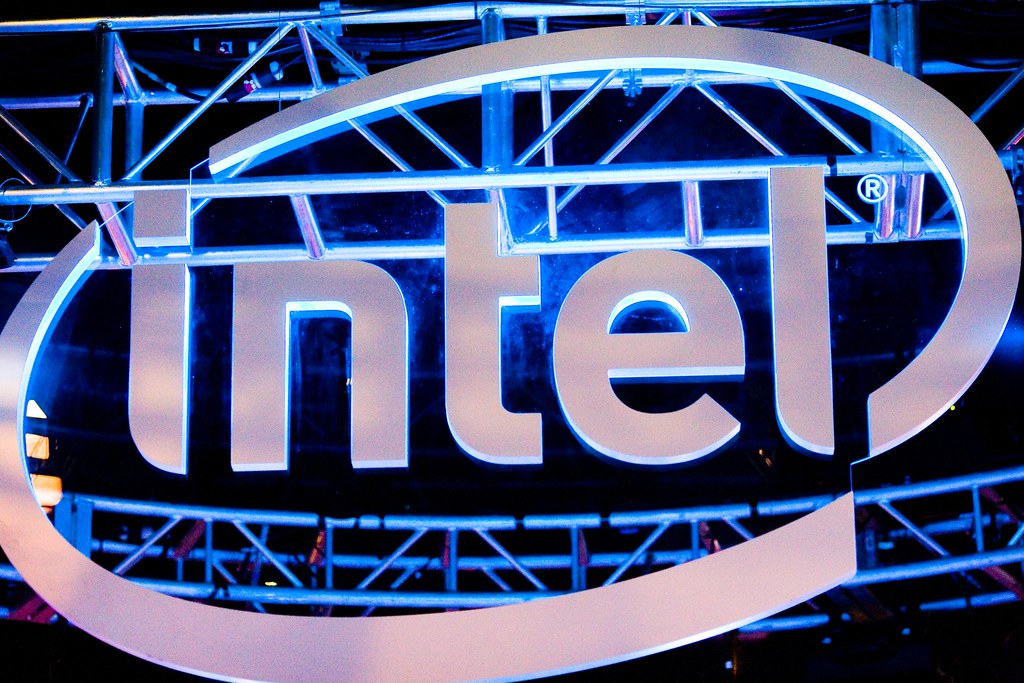
The US government is reportedly in talks to take a stake in Intel Corporation. The discussions are mainly focused on supporting Intel’s $28 billion chip manufacturing plant in Ohio, which has faced delays, reports Bloomberg. The potential investment is aimed at strengthening domestic semiconductor production and maintaining US leadership in the technology sector.
The development comes as Intel is facing significant challenges, including financial losses, project delays, and growing competition from companies like Nvidia and AMD. Financially, the company reported a net loss of $2.9 billion in its second-quarter (Q2) earnings for 2025, driven largely by $1.9 billion in restructuring charges and nearly $1 billion in write-downs and impairment costs. In July 2025, the Santa Clara-based company announced it would lay off about 15% of its global workforce (~ 15,000 employees) and cancel several large chip factory projects to reduce costs and recover from ongoing financial difficulties. Additionally, the Ohio facility (an important part of Intel’s expansion plans) has been delayed and is now expected to begin operations around 2030–2031.
The timing of the potential move becomes more notable as the company’s CEO, Lip-Bu Tan, recently met with President Trump at the White House, amid previous tensions over Tan’s alleged ties to Chinese tech investments. Notably, at the start of this month, Donald Trump called for Tan’s resignation, claiming the executive was ‘highly conflicted’ due to his financial and professional connections to Chinese technology companies. Earlier, Senator Tom Cotton had sent a formal letter to Intel’s board, warning that Tan’s ties to China could pose a national security risk and undermine confidence in the company’s leadership at a time when US semiconductor independence is a top priority.
In recent years, the United States has taken several steps to strengthen its semiconductor industry, including legislation like the CHIPS and Science Act, which provides incentives for domestic chip manufacturing. Apart from these steps, last week, President Trump announced a 100% tariff on imported computer chips and semiconductors. He clarified that companies investing in domestic manufacturing (like Apple, which recently pledged an additional $100 billion for US operations, bringing its total commitment to $600 billion) would be exempt from the tariff. Trump highlighted that the tariff would target imported chips, while fully supporting companies that produce semiconductors within the country.
Meanwhile, according to the report, the outcome of the talks between Intel and US government officials regarding the potential stake deal remains uncertain, and no formal agreement has been announced. The company has not officially issued any statement on the matter. However, despite this uncertainty, Intel’s stock experienced a significant surge, rising 7.4% on August 14 and an additional 3% in premarket trading on August 15.





